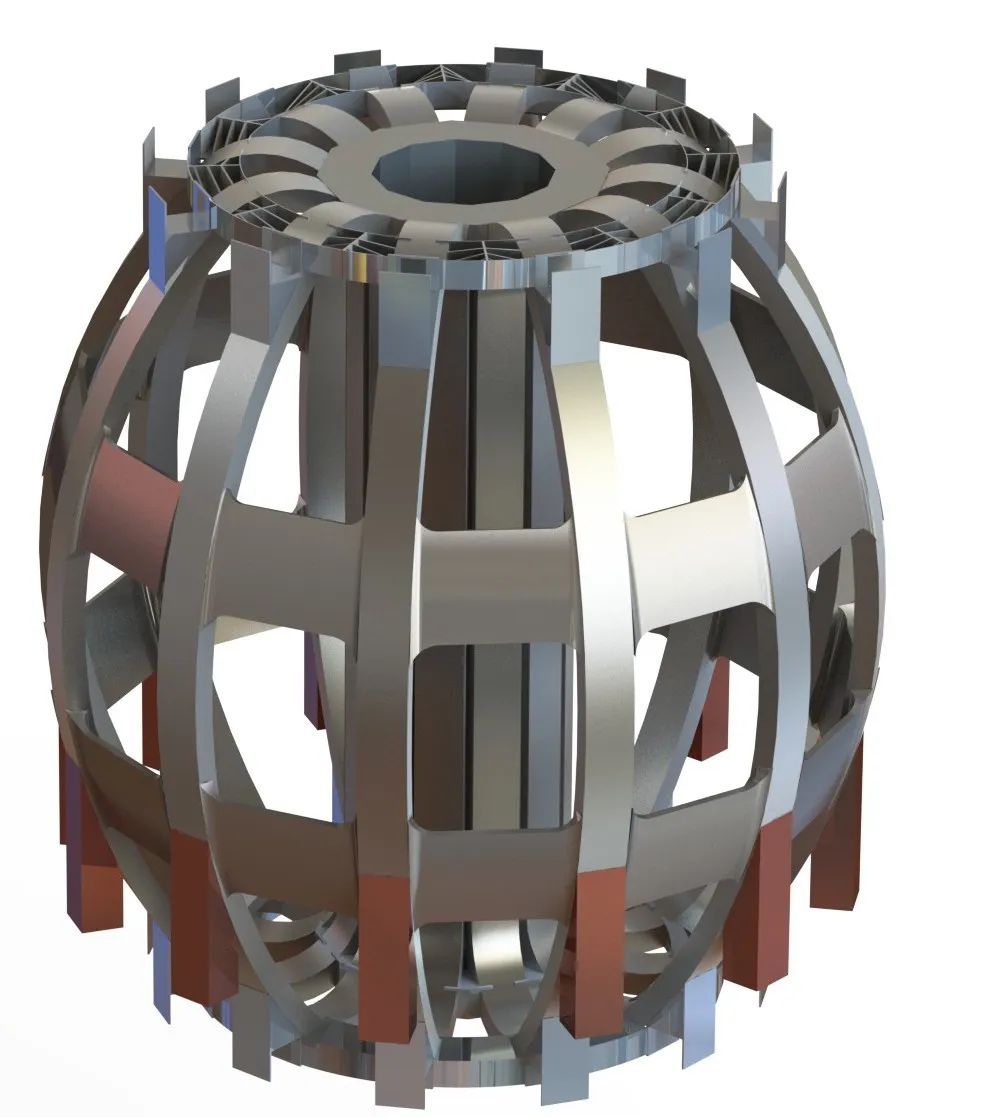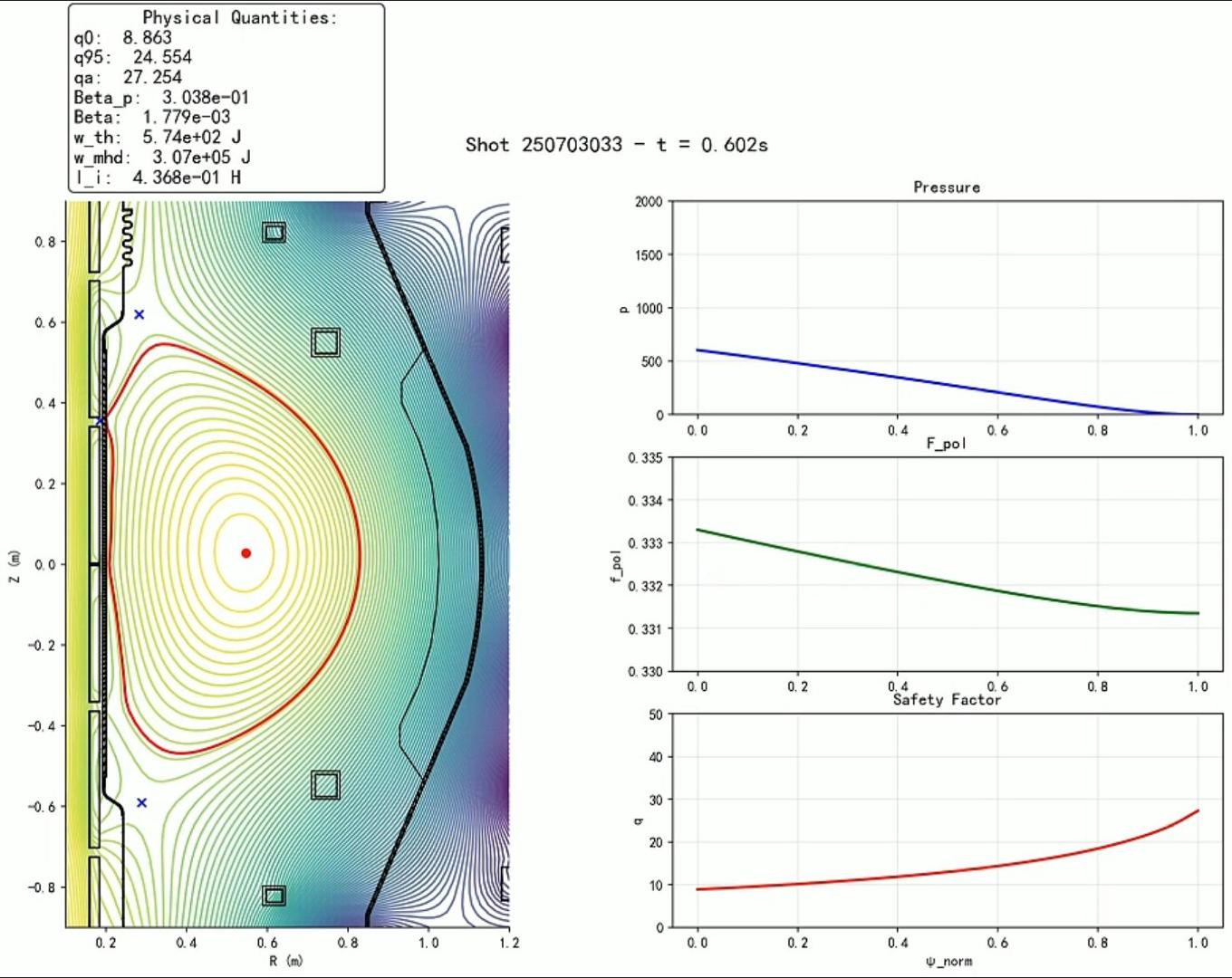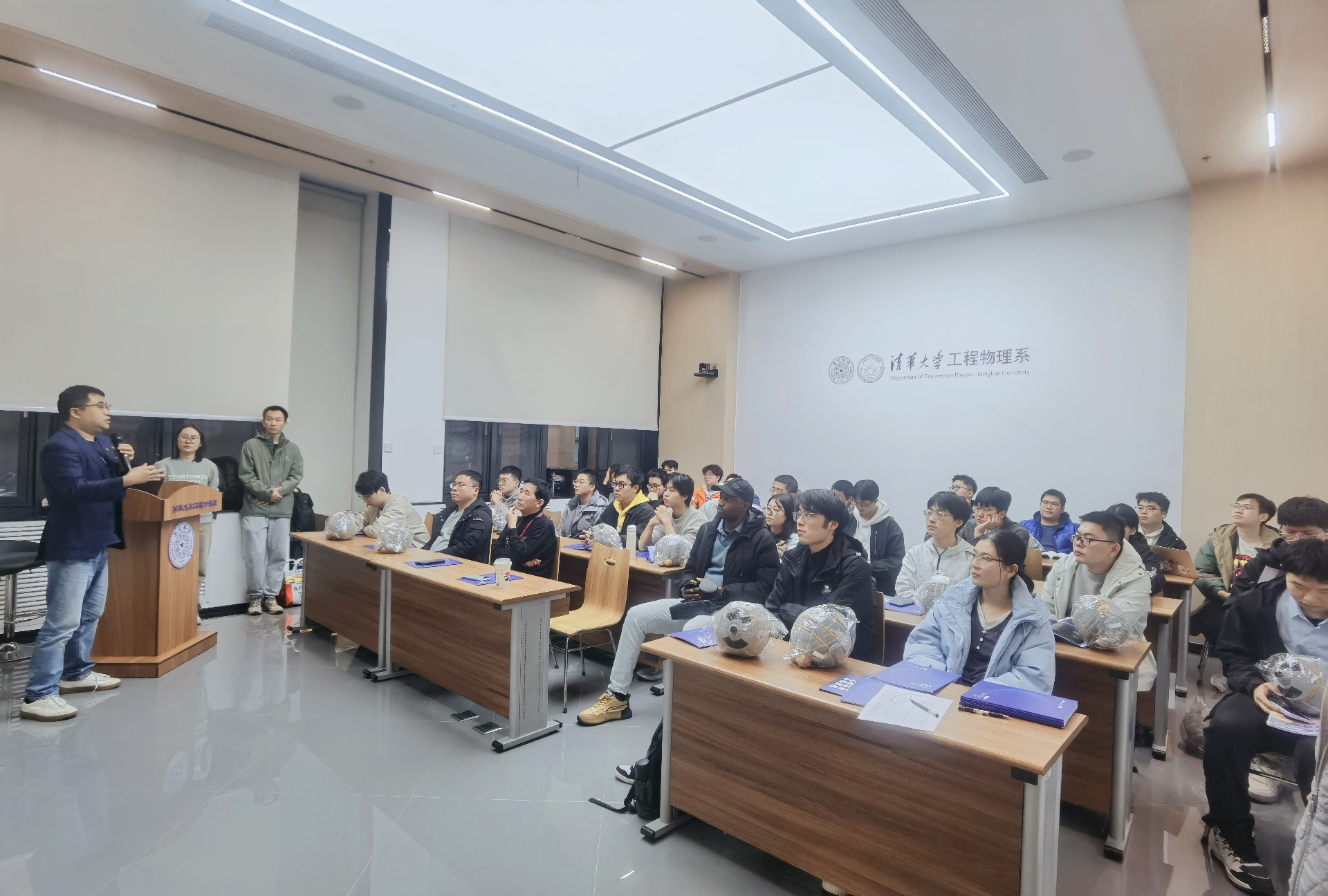Startorus Fusion has recently reached a formal deal with the Department of Mechanical Engineering of Tsinghua University over the cooperation on high-temperature superconducting (HTS) magnets for use in spherical tokamaks. The two parties will team up to design and construct the first HTS D-shaped coils of Startorus, which will elevate the maximum toroidal field strength to 12 T or more. This magnet is the first key milestone on the path toward HTS tokamaks and will become the foundation for a medium-sized HTS tokamak that will be constructed by the company with plasma parameters close to the requirements for fusion reactions.
HTS magnets have multiple potential advantages, such as higher magnetic field strength, higher current density, and lower cooling demand. These properties make it possible to design more compact, efficient, and powerful fusion systems. They not only enable the long-term continuous operation of magnetic field coils but also provide an effective solution to the limited space of the central host in a spherical tokamak device.
The application of HTS magnets promises to greatly increase the strength and stability of confinement fields, improve the efficiency of fusion systems, and provide a pivotal guarantee for plasma heating and confinement, thereby bringing us closer to practical fusion energy.

Conceptual Design of HTS Coils
The Department of Mechanical Engineering was initially founded in 1932 to be one of the earliest engineering departments at Tsinghua University, contributing a great deal to national scientific and technological progress and talent cultivation. The team Startorus partners with have long been engaged in research on HTS application technologies. They have integrated mechanical design with superconducting materials and superconducting electrical engineering, proposed new theories and methods for the multivariate design of HTS magnets considering electromagnetic nonlinearity, and innovatively applied HTS magnet technologies in areas such as high-field superconducting magnets, accelerator magnets, HTS motors, and superconducting limiters. By doing so, they continue to advance the practical application of related technologies.
Startorus’s cooperation with the team from Tsinghua University is of important significance. It not only lays a solid foundation for the company to verify the engineering feasibility of the HTS device solution, but will also assist the partner team in promoting and applying its achievements in the field of HTS magnet technologies in industries.





